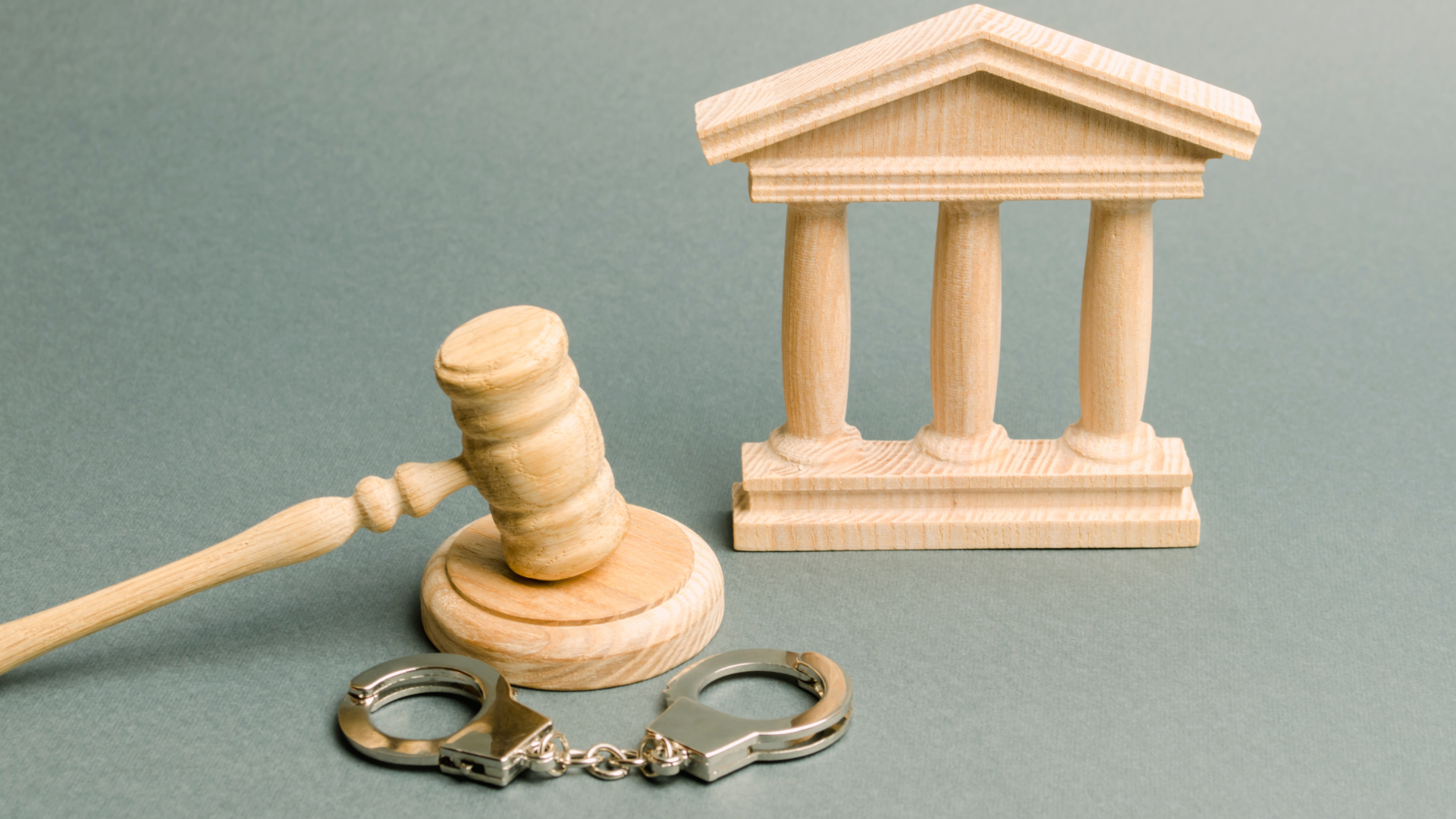Unprecedented is a word that’s been whipped to death over the last twelve weeks, generally by governments flogging the dead horse of failure as their lame excuse for ineptitude before and during the current pandemic.
Unprecedented however, does not excuse unprepared, as it is the duty of all governments to provide and plan for emergencies, protect public health and well-being.
It’s a known part of the job. It’s the duty of government. It’s what they sign up for when they’re voted in. When emergencies occur governments must be ready and able to deal with whatever form it takes and it is inexcusable when they don’t. There is no excuse good enough to cover the levels of incompetence we’ve witnessed, particularly when global pandemic has been on the risk index for years.
I found myself questioning whether certain governments around the world should be held accountable on the grounds of criminal negligence, given they’ve butchered COVID-19 crisis management so badly their people have paid with their lives and livelihoods. I also found myself asking whether charges of criminal negligence could conceivably be extended to include some mainstream media outlets like Fox News in the US or the tabloids in the UK as well as those responsible for communicating government intent.
The definition of criminal negligence varies from country to country but in negligence alone, common factors include a breach of duty which causes the plaintiff to suffer harm. Criminal negligence refers to conduct when a person ignores a known or obvious risk or disregards the safety of others. It involves knowledge of a danger and is more than a mistake or accident. In the UK, Public Health England declares in its 2020 – 2025 strategic plan that ‘our first duty is to keep people safe. Threats from environmental hazards and infectious disease remain great at home and from overseas. We work to prevent risks from materialising and reduce harm when they do. PHE has the capability to respond to emergencies and incidents round the clock, 365 days a year’. Yet in the weeks that have led to 40,000 deaths in the UK (at the time of writing) the politicians were insouciant, dismissive and disdainful of COVID-19 as it began its lethal journey through the kingdom. They were unprepared when they should have been prepared, ignored advice that would have prevented thousands of deaths and continue to offer few solutions or workable strategies to protect their citizens and fulfil their duty as a government.
A similar picture has been presented in the USA as the federal government there, led by an obfuscating president, fails in its duty to protect its citizens – the timeline of neglect has been well documented by national and global media outlets and, as with the UK, the daily death toll stands as an indictment of dangerous disregard. Johnson and Trump are not alone – elsewhere in the world, Bolsonaro coughs on his citizens and Belarusian President Lukashenko holds parades to upstage Putin, currently overseeing a Russia where again, citizens are dying in their thousands. Yet, despite the despots, those who actually care – the medical teams, the essential workers, the volunteers, the many brave and wonderful individuals – demonstrate the real meaning of duty as they bring courage and humanity to their work, saving the lives of all around them regardless of the hardship and difficulty they might personally face.
While dictators can lie in their beds and ignore the death and havoc around them, unaccountable to any, there is a chance that the autocrats and the bumblers might be called to account but, supported as they are by pliable mainstream media that push myths and mayhem into the mix, press spokespeople with little understanding of truth or fact, and government communicators who seem to work in apparent contradiction to their published code of conduct, their communications strategies and their duty of care, it is hard to see when anyone might be called to account for the tragedy wrought by their negligence.
Here in New Zealand we’ve been fortunate to have a government that eschewed strategies that would lead to thousands of deaths and instead, opted to ‘go hard and go early’ to protect people, work with them to stop transmission of the virus, communicating every step of the way and sticking to the plans. The plans have not been well met by everyone but the success of compassion over chaos sees us moving tentatively towards an easing of restrictions – although acutely aware of entering the ‘second wave’ danger zone. The government’s duty of care and responsibility for the well-being of all New Zealanders was central to its strategy.
I, for one, am grateful for their diligence and I weep, helpless, for those who continue to suffer and die because of the negligent.

